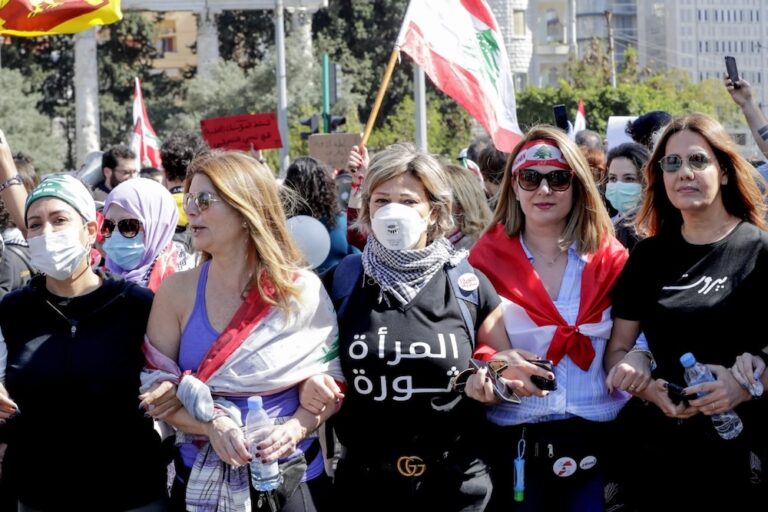(RSF/IFEX) – The following is a 28 June 2002 RSF press release: 1 July 2002 The International Criminal Court begins work Unpunished killers of journalists: 21 countries accused 9 others “under surveillance” The Damocles Network and Reporters Without Borders have drawn up a “black list” of countries where journalists are kidnapped, tortured and murdered with […]
(RSF/IFEX) – The following is a 28 June 2002 RSF press release:
1 July 2002
The International Criminal Court begins work
Unpunished killers of journalists:
21 countries accused
9 others “under surveillance”
The Damocles Network and Reporters Without Borders have drawn up a “black list” of countries where journalists are kidnapped, tortured and murdered with complete impunity.
The list denounces the protection enjoyed by killers of journalists and coincides with the inauguration on 1 July of the International Criminal Court (ICC), although the Court will deal only with massive violations of international humanitarian law and human rights committed after that date.
Over the past decade, 523 journalists have been killed, 195 of them for denouncing corruption, exposing abuses of power or questioning the actions of politicians or businessmen. These killings have mostly not been investigated and those responsible have not been prosecuted.
In 21 countries, these murderers, kidnappers and torturers of journalists enjoy total impunity. They are: Algeria, Angola, Bangladesh, Burma, Brazil, Burkina Faso, Cambodia, China, Colombia, the Russian Federation, Haiti, Iraq, Iran, Kosovo, Nepal, Rwanda, Sierra Leone, Somalia, Syria, Tajikistan and Ukraine.
In these countries, the criminals can count on the unspoken support of the government. In China, for example, the tradition of impunity has made torture into a routine state policy. Investigations are very often inadequate and trials, when they do take place, are parodies of justice because courts and police are controlled by the government.
Burkina Faso and Haiti are blatant examples of where pressure is exerted by top government officials. In Bangladesh, no attackers of journalists have been convicted since democracy returned to the country in 1991 and in the past seven months 145 journalists there have been physically attacked or threatened with death.
In nine other countries, impunity has not yet disappeared but the authorities show willingness to put a stop to it: police and courts have been given more funding, laws amended and the first convictions obtained. These countries “under surveillance” are Georgia, Indonesia, Mexico, Mozambique, Nigeria, the Philippines, Serbia-Montenegro, Sri Lanka and Turkey.
A Belgrade court’s recent 10-year imprisonment of Dragoljub Milanovic, former head of the Serbia state radio and TV station RTS, for being responsible for the death of 16 of his employees killed in the April 1999 NATO bombing of the station’s offices is an encouraging sign of the fight against impunity.
Reporters Without Borders and the Damocles Network also welcome the progress made in this respect by countries such as East Timor and Chile, as well as the positive steps taken by the interim government of Hamid Karzai in Afghanistan.
The press release in its entirety and the impunity “black list” can be found at www.rsf.org and www.damocles.org


